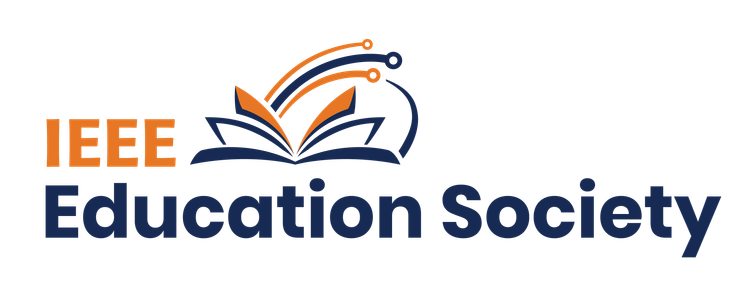SUBMIT PROPOSAL
Prospective Workshop/Tutorial Organizers are invited to submit a proposal (1-2 pages), using the online submission system, that explains why their session should be included as part of the regular program. This proposal should push the frontiers in both classic, contemporary, and emerging topics of interest in the engineering education community. Shorter submissions may be automatically rejected.
The proposal should summarize the scope of the session in no more than 1-2 pages that includes:
Overview: Please provide the scope of the Workshop/Tutorial in 300 - 500 words.
Topics of Interest: This workshop/tutorial aims at presenting the latest developments in the (TITLE OF WORKSHOP/TUTORIAL) exchanging new ideas and discussing open research questions and future directions. Original contributions that provide novel applications, studies, and experiences related to this topic are very welcome. The potential topics that are included are the conference topics, but always in a practical or methodologic or theoretic way.
Duration: 90 minutes, but if justified, you are able to propose a 180 minute workshop/tutorial
Workshop/Tutorial Presenters
- Presenter 1, institution, email
- Presenter 2, institution, email
- ...
Deadlines
- Workshop/Tutorials Proposal Submission: September 23, 2024
- Workshop/Tutorials Decision Notification: October 15, 2024


